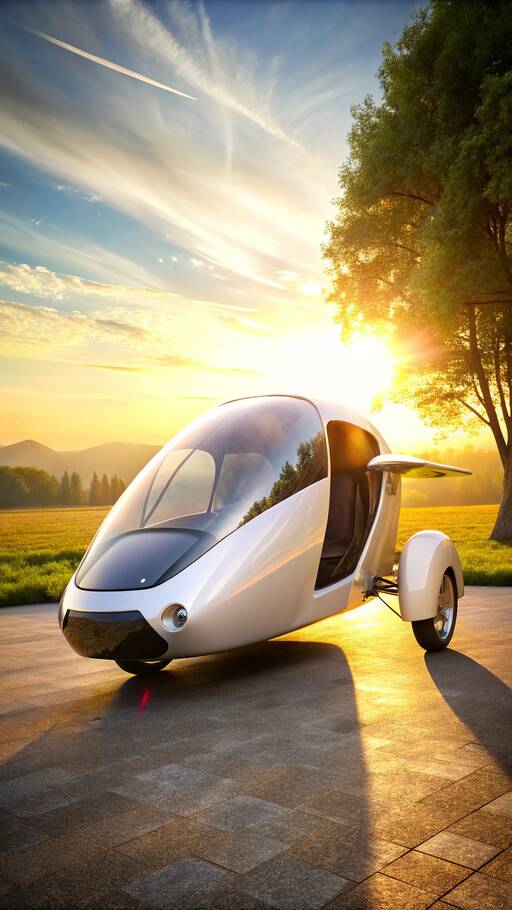
Fisker's electric Ocean SUV initially showed promise with deliveries in 2023. However, in 2024, the company faced challenges, reducing prices, recalling vehicles for software issues, and eventually filing for bankruptcy. Unsold units were offloaded to leasing firms, and Fisker's planned lineup, including the sporty Rōnin and economical Pear, now seems like a distant dream.
Founded by F1 ace Jenson Button with plans for the retro-styled Type 62-2, Radford Motors faced its end in 2024. Financial mismanagement led to bankruptcy, and lawsuits over undelivered cars have left the company’s legacy mired in controversy.
Faraday’s FF 91 SUV, despite being delivered to minor celebrities, still lacks a clear revenue stream. With upcoming plans for a next model, the FX, the company's claims of affordability and performance engage both skeptics and enthusiasts. Whether these vehicles will prove promotional or substantive remains to be seen.
Initially targeting the passenger vehicle market, Canoo shifted to commercial vans, with some reaching fleet customers like the USPS. After relocating its headquarters and losing a key executive, Canoo's future appears uncertain despite modest output.
Aptera, after a turbulent past, is relaunching its iconic three-wheeler with a focus on solar power. Scheduled to make its mark at CES 2025, the company's journey towards production is cautious yet filled with anticipation.
VinFast, from Vietnam, entered the U.S. market with the VF8 SUV. Despite slow sales, future offerings like the VF9 and conceptual models suggest ambitions that could redefine its standing.
Rivian's year was marked by steady production numbers, future-ready models like the R2 and R3, and fulfilling significant orders for Amazon. Positioned as a viable player in the EV sector, Rivian is preparing for an ambitious lineup expansion.
With an expected production increase predominantly driven by the Air sedan, Lucid's upcoming Gravity SUV could significantly boost their market presence. Pricing adjustments aim to broaden appeal, setting the stage for future innovations.
Tesla continued to shape its legacy with updates to the Model 3 making waves and the long-awaited Cybertruck beginning sales. New commitments—like the elusive Tesla Roadster and autonomous concepts—anchor Tesla's narrative in bold futuristic promises, even as uncertainties linger around execution.
Summary: 2024 was a challenging year for many automotive startups, highlighting the industry's volatility despite the simplicity of electric drivetrains. While companies like Rivian and Lucid made strides, others like Fisker and Radford faltered. Tesla continues to dominate with innovations, whereas companies like Faraday and Aptera wrestle with viability and vision.
 | Despite the challenges highlighted, it's great to see innovative companies like Rivian and Lucid pushing the boundaries of electric vehicles. There's still a chance for success in the future! |
 | Though there are some successes, I remain unconvinced that these startups will disrupt the market on a large scale. Many talk a big game but fail when it comes to execution. |